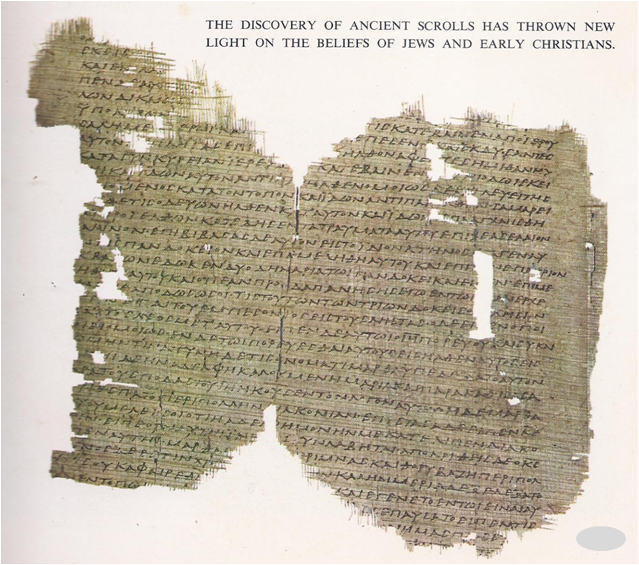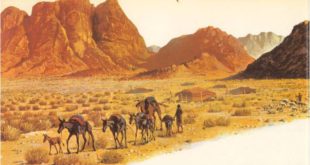On December 2, 1804, in a ceremony of great pomp and splendour at the cathedral of Notre Dame in Paris, Napoleon Bonaparte was crowned Napoleon I, Emperor of the French. Pope Pius VII was there. He had come from Rome to offer his blessing and to place the crown on the head of the new emperor but Napoleon did not do what was expected of him. Instead of kneeling, he took the crown from the Pope’s hands and put it on himself. He also placed a crown on the head of his wife, Josephine. Only twelve years had passed since …
Read More »Tag Archives: Joseph
The Life of Jesus Christ (B. C. 6 to 29 A. D.)
ALL THAT is known about Jesus of Nazareth appears in the first four books of the New Testament. These books, written many years after his death, are called the gospels of Matthew, Mark, Luke and John. There are differences of detail in each and the events of his life are not always reported in only one or two of the books, others in all of them. The gospels of Matthew and Luke, for example, begin with the birth of Jesus to a virgin named Mary. The gospels of Mark and John begin with events that took place some thirty years …
Read More »The People of One God 3000 B. C. – 30 B. C.
On the plains of Mesopotamia, a young man stood gazing up at the stars that glittered from the dark sky of night. He was Abraham, a native of the Sumerian city of Ur. Abraham was a Hebrew, one of the many tribes of Semites said to have been descended from Shem, the son of Noah who had been saved from a great flood many years before. Like all people of his time, Abraham believed in many gods throughout nature. As he studied the pattern of the great stars for the god’s message, Abraham began to feel he was in the …
Read More »

